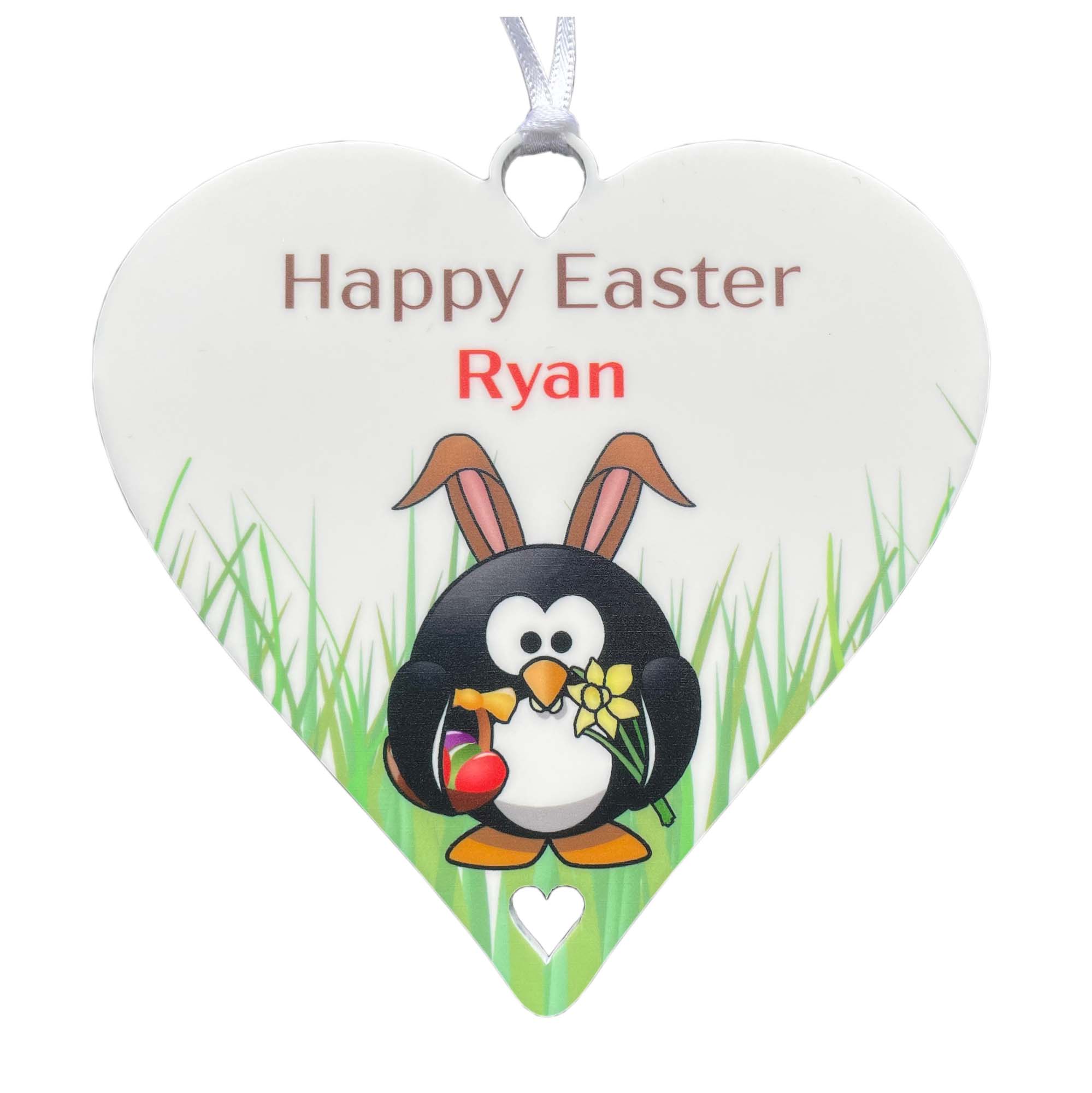The ladies clothing industry is a continually developing sector that caters to the needs and wants of women worldwide. From haute couture to fast fashion, there is a wide range of clothing styles available for women to choose from.

In recent years, the ladies clothing industry has seen a significant rise in demand for personalised clothing. The rise of personalised clothing can be attributed to the need for people to express their individuality and stand out from the crowd. Personalised clothing options range from custom prints, embroidery, and even the option to design an entire garment from scratch.
Online retailers such as 'Print4you Personalised Gifts' (brand name removed) are at the forefront of this trend, providing customers with various options for personalisation. Not only does personalised clothing provide a unique and personalised sense of style, but it also offers an alternative to the fast fashion industry, which has a significant impact on the environment.
The fashion industry, in general, is facing significant challenges to become more sustainable. Fast fashion, characterised by low-cost production with constant turnover of styles and trends, has a significant impact on the environment. The fashion industry is responsible for 10% of global carbon emissions and 92 million tonnes of waste each year.
Fashion companies must take significant steps to become more sustainable, such as using environmentally friendly materials, reducing waste, and investing in ethical and sustainable production methods.
Another challenge the ladies clothing industry is facing is inclusivity. For years the fashion industry has been critiqued for their lack of diversity and representation. However, there has been a shift towards inclusivity in the past few years, with many brands increasing their range of sizes and featuring models of different ethnicities, ages, and body types in their campaigns.
Women come in all shapes and sizes and deserve clothing options that cater to their needs. The push for inclusivity has seen an increase in demand for clothing that is both stylish and comfortable, particularly for curvier women.
In addition, the introduction of adaptive clothing has gained popularity among women with disabilities. Adaptive clothing is designed to be easy to put on and take off, making dressing easier for women with disabilities.
The rise of inclusivity in the fashion industry has benefitted not just the customers but also the brands. Brands that have embraced inclusivity have seen an increase in sales and customer loyalty, showing that inclusivity is not only morally right but also a financially sound business decision.
The ladies clothing industry is also facing the challenge of keeping up with the constant evolution of technology. Technological advancements and innovations have enabled brands to streamline their production process, reduce waste, and offer customers a more personalised experience.
For example, the rise of 3D printing has allowed brands to create intricate designs and patterns, which would have been challenging to do by hand. Similarly, advancements in virtual reality technology have enabled brands to create more immersive shopping experiences for their customers.
In conclusion, the ladies clothing industry has seen significant developments in recent years, from personalised clothing and inclusivity to technological advancements. However, the industry still faces significant challenges, particularly in regards to sustainability, inclusivity, and adapting to the ever-changing technological landscape.
Brands that can successfully address these challenges and embrace the changing landscape of the industry will stand out and thrive in the years to come. As the demand for more personalised and sustainable clothing increases, it is essential for the ladies clothing industry to adapt and evolve to meet the needs and wants of customers.